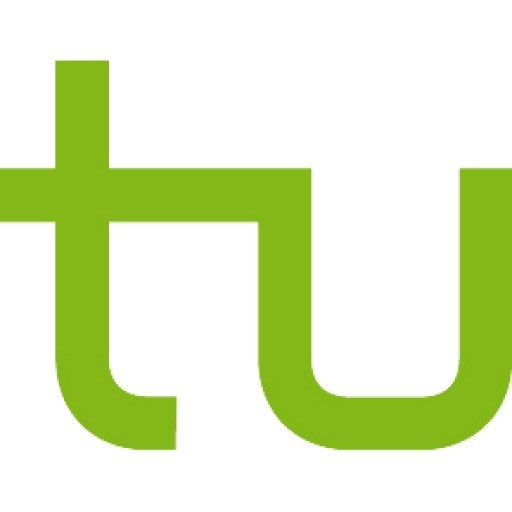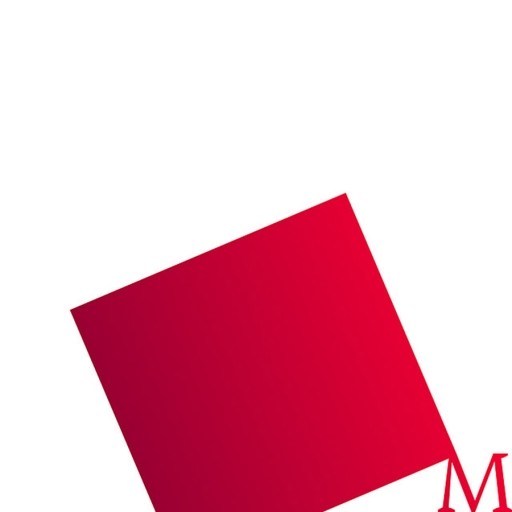Photos of university / #tu_dortmund
Manufacturing Technology at Dortmund University of Technology is a comprehensive program designed to prepare students for the dynamic and evolving field of manufacturing processes and production systems. This degree program combines principles of engineering, materials science, and industrial technology to equip graduates with the skills necessary to design, optimize, and oversee modern manufacturing operations. Students will gain a solid foundation in mechanical engineering, automation, and logistics, along with innovative approaches to sustainable production and Industry 4.0 concepts. The curriculum emphasizes practical knowledge through laboratory work, project-based learning, and collaborations with industry partners, ensuring students are well-prepared to meet the challenges of modern manufacturing environments. Throughout the course of study, students will explore topics such as production planning, quality management, materials processing, and digital manufacturing technologies. The program fosters an interdisciplinary understanding by integrating engineering fundamentals with current trends in automation, robotics, and digitalization, enabling graduates to contribute effectively to the development of smart factories. Emphasizing applied research and real-world applications, the Manufacturing Technology program at Dortmund University of Technology aims to produce innovative engineers who can improve production efficiency, sustainability, and competitiveness in a global market. Graduates are prepared for careers in manufacturing companies, R&D departments, consulting firms, and technology development centers, where they can implement advanced manufacturing solutions and drive technological advancement. The program's combination of rigorous academic coursework, practical training, and industry collaboration makes it an excellent choice for students aspiring to excel in the manufacturing sector and contribute to technological progress in industry.
Educational organisation
During the first two semesters, students gain profound theoretical knowledge in the following compulsory modules:- Machining Technology
- Materials Science
- Forming Technology
- Automation and Robotics
- Simulation Methods in Solid Mechanics
- Advanced Simulation Techniques in Metal Forming
- Measurement Engineering
- Fatigue Behaviour
- Machining Process Simulation
- High Dynamic Testing of Materials
- Plastics Processing Technology
- Topics in Manufacturing Technology (Appropriate technical courses not specifically part of the MMT programme can be credited here.)
The Master's thesis is scheduled for the fourth semester.
Forms of assessment
- Written and oral exams
- Written reports
- Oral presentations
- Master's thesis
Course objectives
The Master's programme "Master of Science in Manufacturing Technology" equips students with detailed knowledge, skills, and competencies in the field of interdisciplinary production engineering. Learning to carry out research represents a key component in this context. For this purpose, students are offered lectures and courses at several different chairs and institutes in the Faculty of Mechanical Engineering. Thanks to the international structure of the programme with English as its language of instruction, and due to the close cooperation with renowned industrial companies, students are prepared in the best possible way for a professional career in the production sector.Learning Outcomes:
- advanced understanding of manufacturing problems
- analytical reasoning capability
- ability to approach and solve advanced problems systematically
- ability to organise and prepare work packages within a research project
- key competencies (communication skills, teamwork)
- intercultural competency
- ability to communicate scientific results and insights
- experience in industrial R&D
Language requirements
Applicants must provide proof of their English skills:- TOEFL (min. scores: PB: 550; CB: 213; IB: 80)
- IELTS (min. score: 6.5)
Academic requirements
- An appropriate Bachelor of Science degree in the field of mechanical engineering or a comparable degree with a total of 180 credit points (ECTS). A Bachelor's degree course is considered appropriate when it includes modules of the following subjects:
- mathematics, covering at least 18 credit points (ECTS)
- mechanics, covering at least 12 credit points (ECTS)
- materials engineering, production engineering, theory of design and/or metrology and
- An average final Bachelor's degree grade which corresponds at least to the grade "good" (1.9)
- A certificate showing a sufficient command of English according to TOEFL, IELTS, or equivalent (knowledge of German is not required)
- Recommended: proof of one's ranking among the top 10% students of one's graduating class
- Recommended: GRE (graduate record examination)






